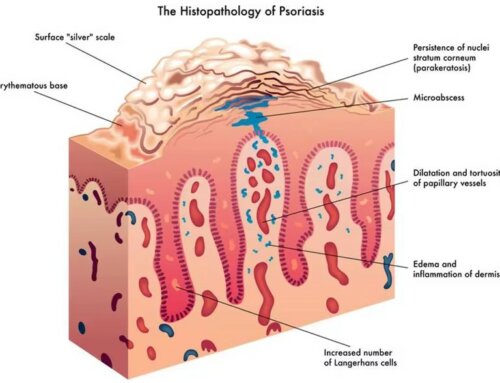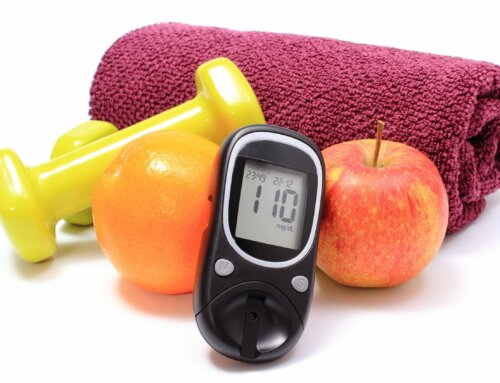Diabetes can have serious effects on your vision. It is the number one cause of legal blindness in the United States.[1] Both Type I and Type II diabetes can cause damage to your eyes, including these problems:
Retinopathy – About 40-45% of Americans with diabetes have some form of diabetic retinopathy, which simply means damage to the retina caused by diabetes. In this condition, blood vessels to the eyes are damaged, causing vision impairment or loss. Retinopathy can occur when the blood vessels that supply the retina with nourishment are blocked. The retina sends out signals to the body to grow new blood vessels to replace the blocked ones, which is called proliferative diabetic retinopathy. The blood vessels grow along the retina and the surface of the eye, and are quite fragile. They may leak blood into the eye, which can cause blurred vision or even blindness.
Macular Edema – Macular edema can be another form of diabetic retinopathy. When fluid leaks into the center of the eye, the macula, it can swell. This causes blurred or distorted central vision, since the macula helps us see straight ahead.
Cataracts – Cataracts are the clouding of the clear tissue at the front of the eye. People with diabetes have twice the risk of developing cataracts.[2]
Glaucoma – Glaucoma is a condition in which fluid builds up in the eye, causing the pressure to increase. This high pressure can damage the optic nerve, causing headaches and loss of vision.
Preventing Damage
There are many things can you do to guard against the effects of diabetes on your eyes. The most important is to have an annual dilated eye examination. Many stages of eye damage, such as diabetic retinopathy, do not have symptoms, so this eye examination is crucial. An eye exam should test your visual acuity using a vision chart. Your eye doctor should also inspect your retina and optic nerve for damage, such as leaking blood vessels or any swelling (macular edema). People with proliferative diabetic retinopathy can reduce their risk of blindness by 95% if they receive treatment and proper follow-up care in a timely manner.[3]
Monitoring your blood sugar is another good preventative measure in caring for your eyes. Both the rate and the progression of eye damage can be slowed when your blood glucose levels are under control. Quitting smoking and controlling your blood pressure are two additional health measures than can lower the risk of damage to your eyes.






Leave A Comment